Orca Hunts Great White Shark
Starboard's Solo Hunt: When an Apex Predator Becomes Prey
In June 2023, off South Africa's Mossel Bay, marine conservationist Esther Jacobs witnessed an extraordinary event: a single killer whale, Starboard, hunting and killing a great white shark. This rare spectacle, captured in a video on the White Shark Ocean YouTube channel, challenged previous understandings of orca hunting behaviour.
Witnessing the Unprecedented
Esther Jacobs, founder of Keep Fin Alive, described the intense experience:
"When I get a call to say there’s a possible sighting of the orcas I love to hate (Port and Starboard), I jump to it. I can’t help but be fascinated by the ruthless duo. This day, however, I was not prepared to witness the mind-blowing events that occurred.
I jumped on my friend, Elton Polly’s, boat and we headed toward Seal Island where the orcas had last been spotted. We caught glimpses of both orcas, always keeping a distance of at least 100 metres from each other. As soon as we got close to the island, that distinctive, pungent scent of shark liver oil hit me in the face… Elton and I immediately knew that a white shark had been killed. We followed Port for a while, who was staying south of the island. When we moved back toward the island to look for Starboard, we spotted a white shark’s dorsal fin breaking the surface. At first, I was thrilled to see my favourite marine creature - I’ve seen hundreds of white sharks in my 14 years in South Africa, but I get that same giddiness every time I see one. But then it dawned on me with gut-wrenching realisation… this was a hunt. What happened next still seems surreal when I reflect on it.
I soon spotted Starboard breaking the surface in pursuit of the white shark and then disappearing. When I next saw Starboard, he was right beside the white shark before both he and the shark descended briefly. When I saw them breaking the surface, Starboard had clamped onto the white shark’s right flank, driving it across the water as the shark thrashed violently, twisting and snapping in a desperate attempt to break free. Both went under, and I never saw the shark again… just a large oil slick, which was clearly from the shark. Starboard “played” around in the oil slick for a few minutes before heading off with the white shark’s liver in its mouth, seemingly parading it in front of the onlookers aboard White Shark Africa’s boat, which had been near the island at the time.
It was such a powerful, spellbinding, and devastating event. Watching my favourite apex predator taken down with such honed precision, by a lone orca, shattered everything I thought I knew about the marine food chain."

Starboard's Precision Strike
This astonishing predation was detailed in a March 2024 scientific paper by Dr. Alison Towner and her team. Starboard, an adult male orca, incapacitated and consumed the liver of a juvenile white shark (approx. 2.5 meters) in less than two minutes. This solo act was unprecedented, as previous orca-on-shark hunts in the region involved two to six individuals. Starboard's technique was precise: grabbing the shark's pectoral fin, thrusting, and eviscerating it for its lipid-rich liver-a vital energy source. A second eviscerated white shark carcass was found the next day, also missing its liver.

Port and Starboard: The Notorious Duo
Starboard is half of an infamous pair, Port and Starboard, recognisable by their distinct collapsed dorsal fins. First reported in 2009, they've become known for their specialised predation on great white sharks since 2017, consistently targeting livers. They've been linked to numerous shark deaths, including at least 17 broadnose sevengill sharks in a single day in February 2023. While often working together, Starboard's solo hunt highlights highly effective individual hunting skills.
|
Date |
Location |
Prey Species |
Number of Individuals |
Key Characteristic |
|
2017 |
Gansbaai |
Great White Shark |
At least 7 |
Liver removed |
|
Aug 2019 |
False Bay |
Great White Shark |
5 |
Liver removed |
|
May 2019 |
False Bay |
Bronze Whaler Shark |
1 |
Port observed carrying shark |
|
May 16, 2022 |
Mossel Bay |
Great White Shark |
1 |
Starboard (among 5 orcas); first filmed predation |
|
Feb 24, 2023 |
Pearly Beach |
Broadnose Sevengill Shark |
At least 17 |
Livers removed |
|
June 18, 2023 |
Mossel Bay |
Juvenile White Shark |
1 |
Starboard solo hunt; liver removed |
|
June 19, 2023 |
Mossel Bay |
White Shark |
1 |
Carcass found; liver removed (speculative) |

A Ripple Effect in the Ecosystem
Orca predation, particularly by Port and Starboard, has led to a dramatic decline and near disappearance of great white sharks from South African aggregation sites. Sharks flee for at least seven weeks after attacks, with orcas acting as a powerful deterrent. This creates a trophic cascade or domino effect:
- Orcas displace Great White Sharks.
- Cape Fur Seal populations increase due to reduced predation.
- Sevengill Sharks and Copper Sharks increase, filling the niche.
- Increased seals threaten African Penguins and compete for fish.
- Expanding sevengill sharks prey more heavily on smaller sharks and fish.
These shifts highlight the fragility of marine ecosystems and the far-reaching consequences of changes at the top of the food chain.
While orca predation is a natural phenomenon, its impact is amplified by human activities like overfishing, which remains the far greater extinction threat facing all sharks globally. Marine biologists express increasing concern about the coastal marine ecology balance and advocate for adaptable conservation strategies and vigilant ecological monitoring. The disappearance of great white sharks also impacts local tourism and economies. Protecting apex predators like sharks is essential for biodiversity and ocean health, requiring comprehensive strategies that address both natural dynamics and human impacts.
See full scientific paper here - https://www.researchgate.net/publication/378671446_Further_insights_into_killer_whales_Orcinus_orca_preying_on_white_sharks_Carcharodon_carcharias_in_South_Africa




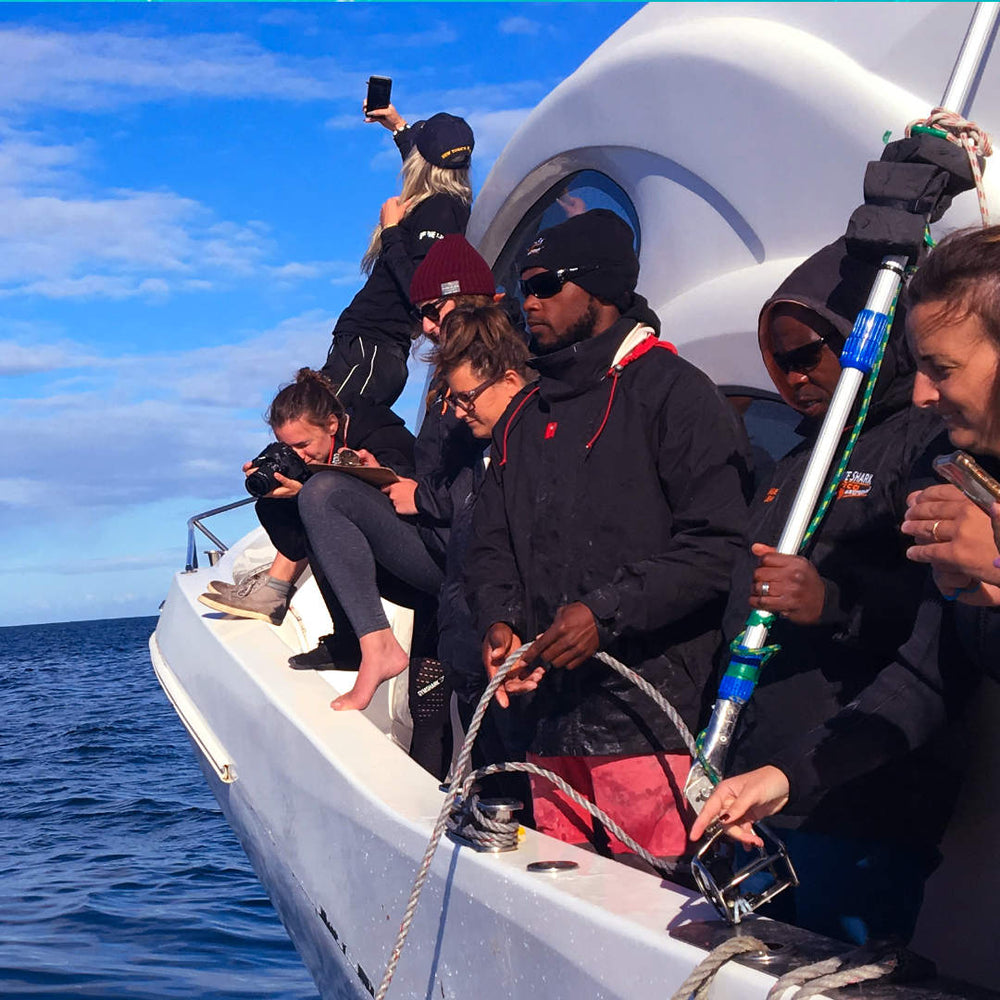
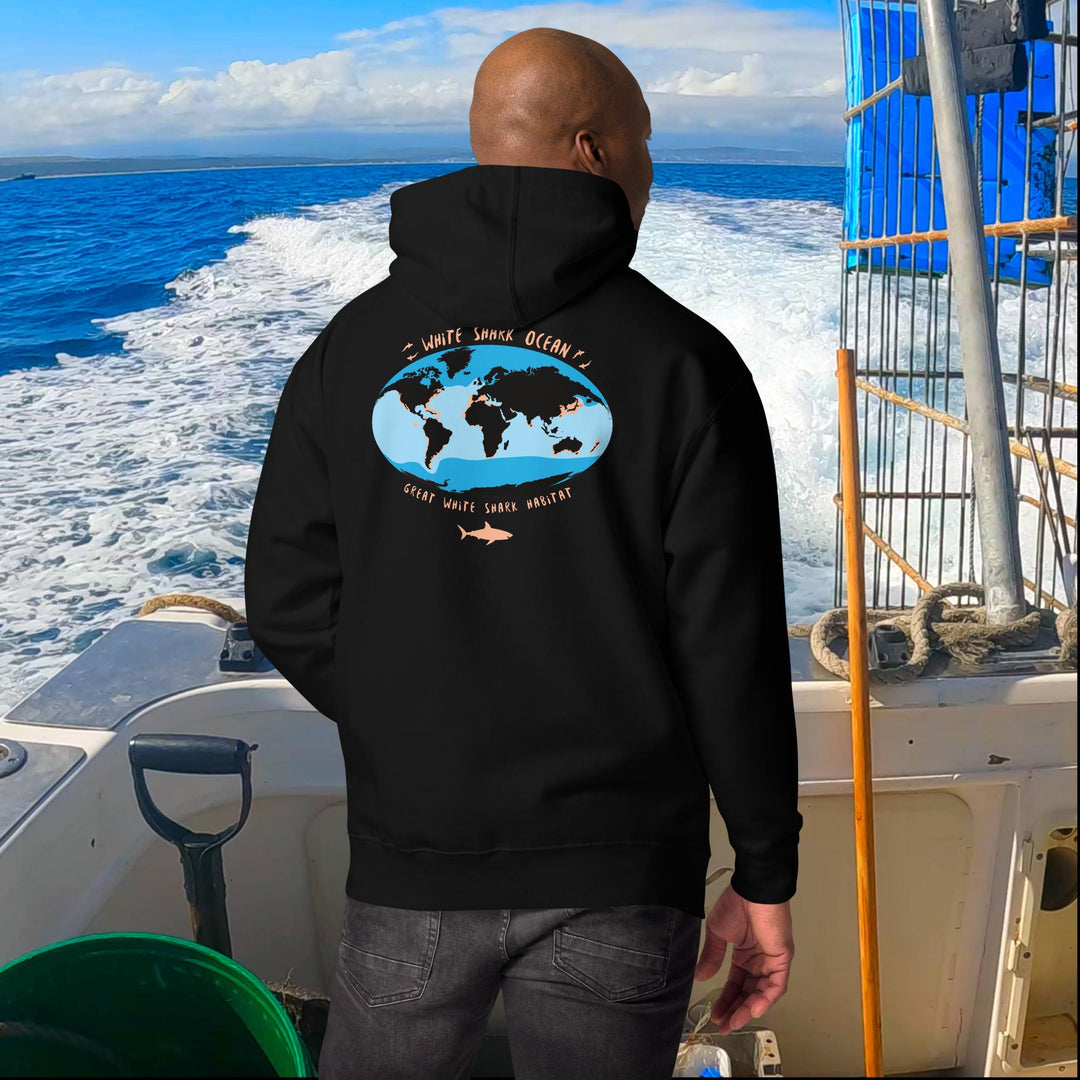
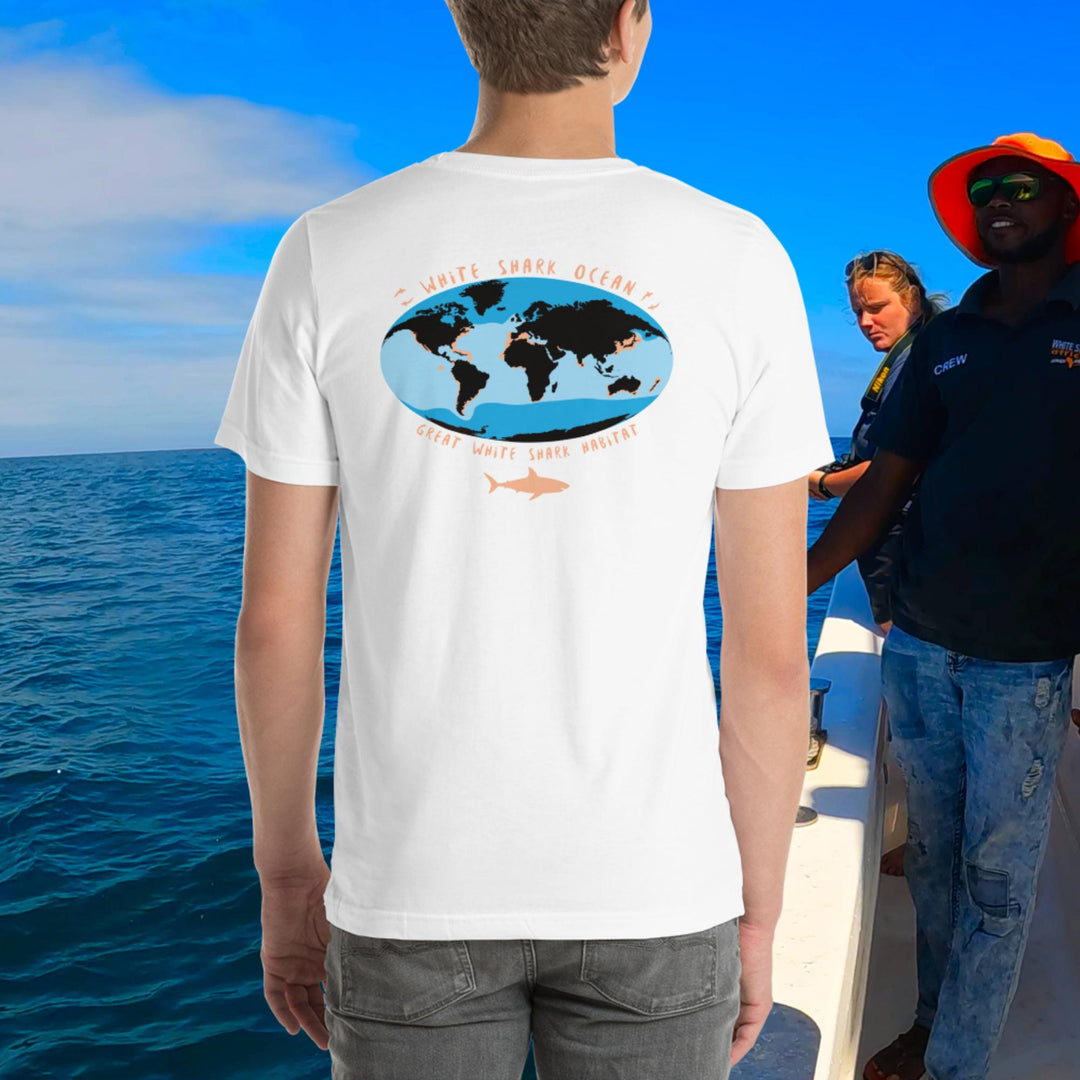


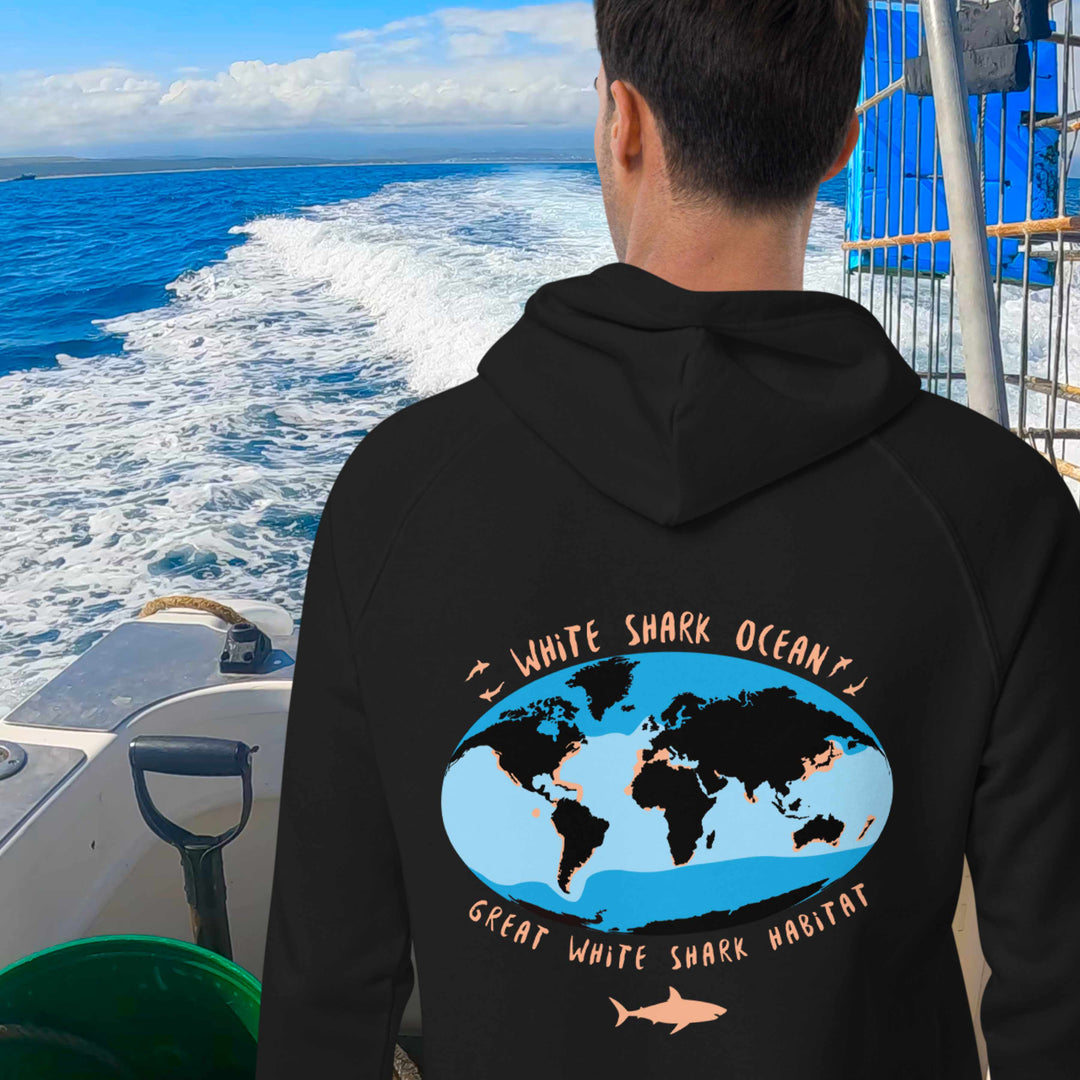
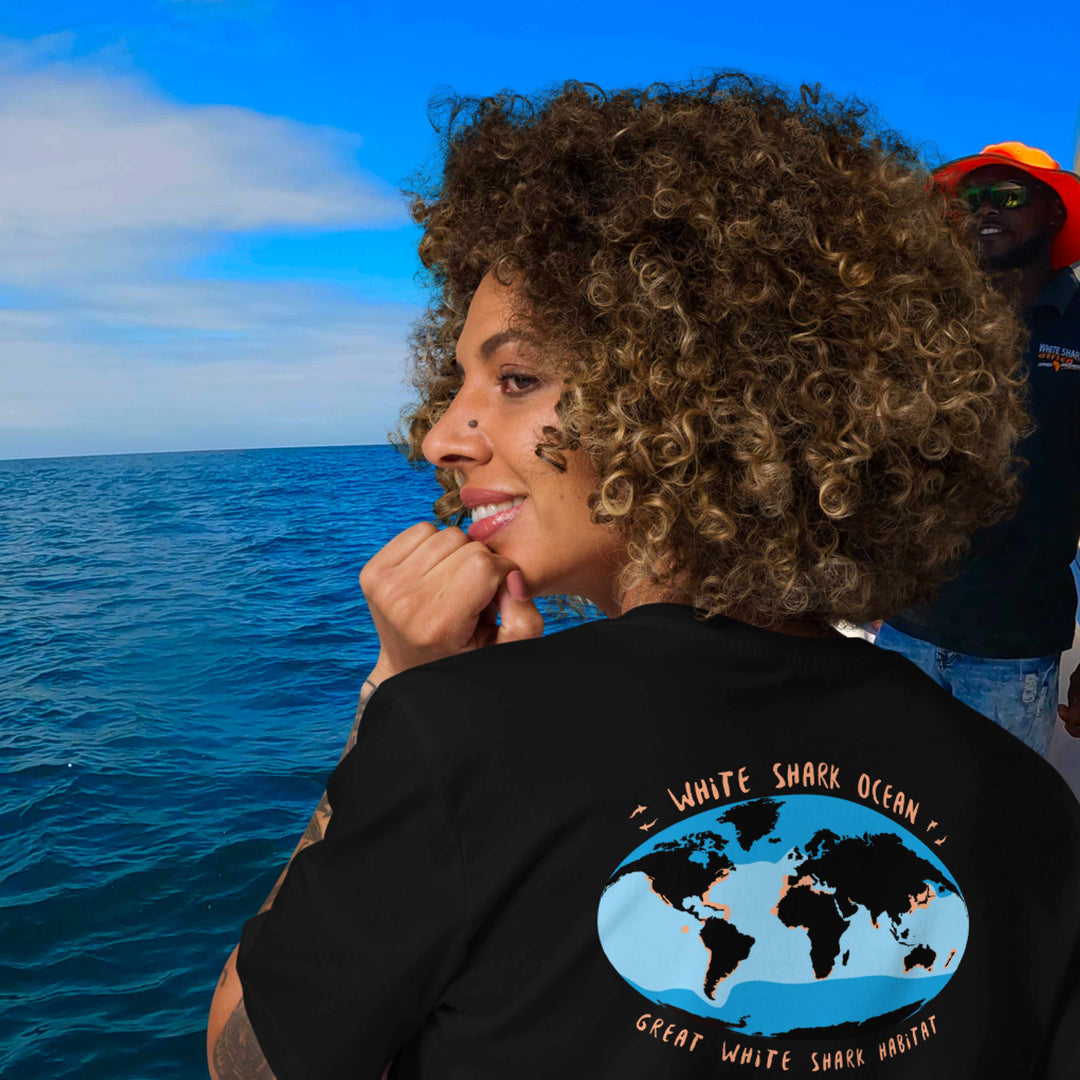
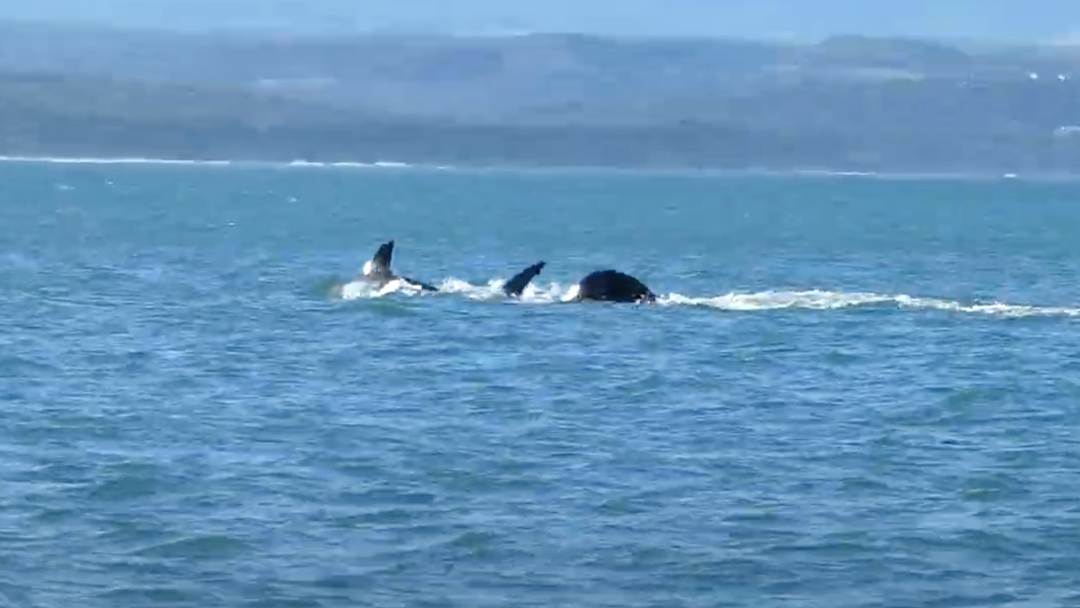
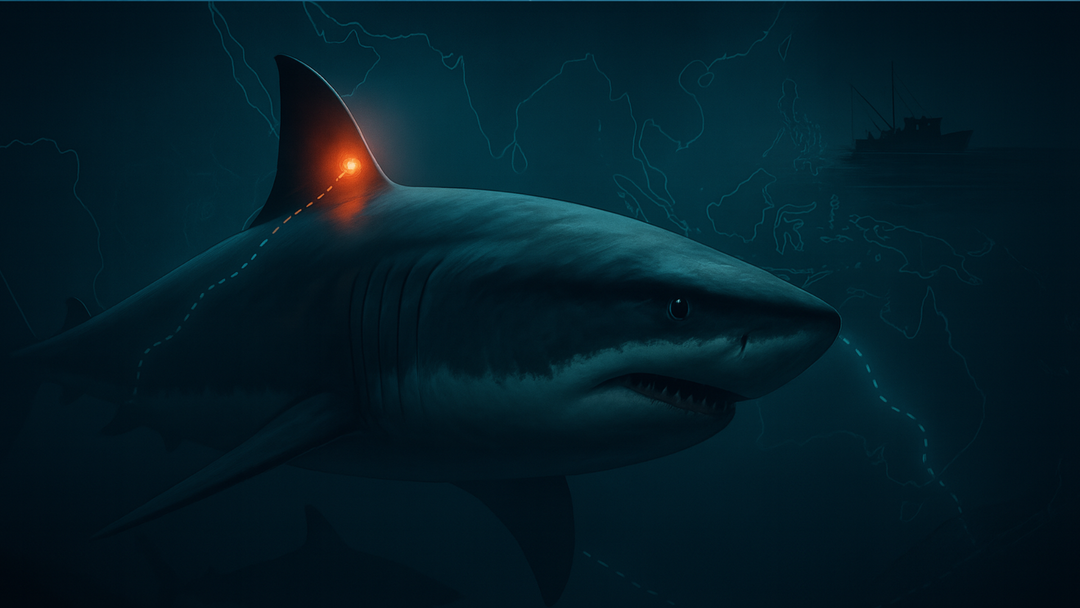
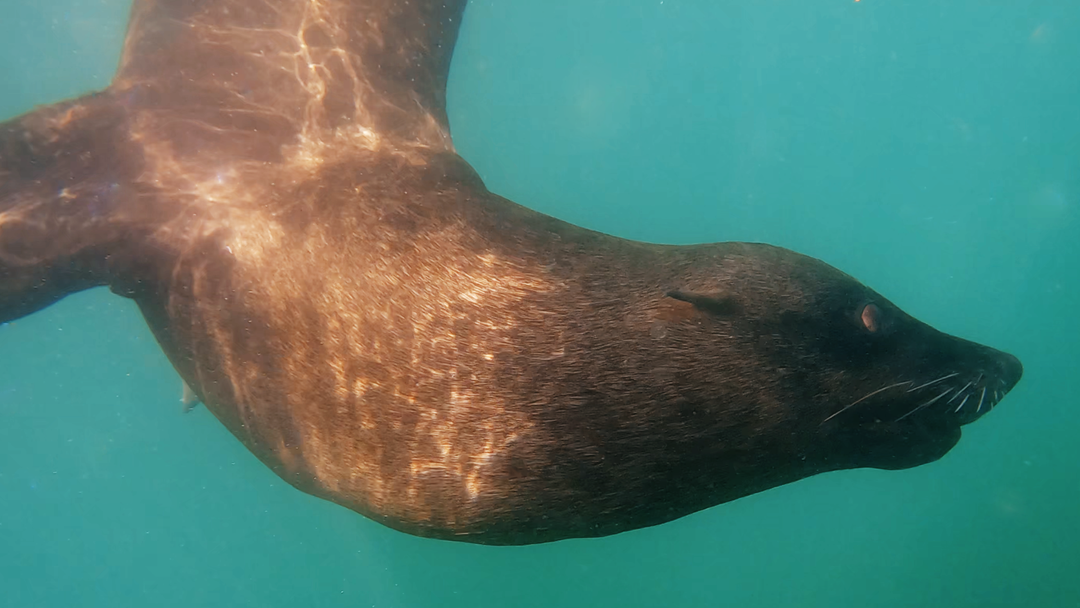
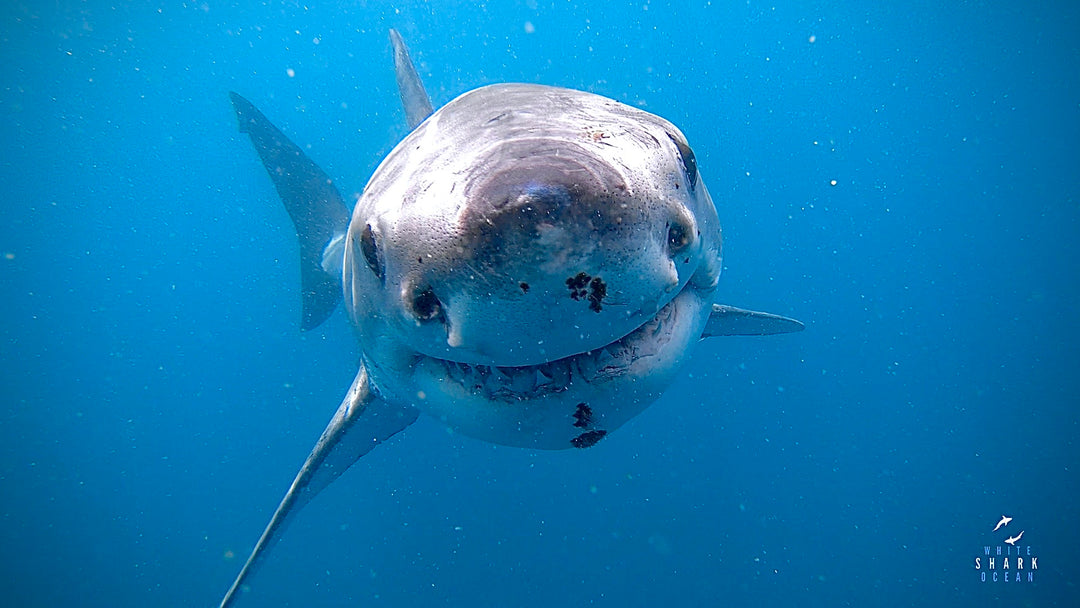
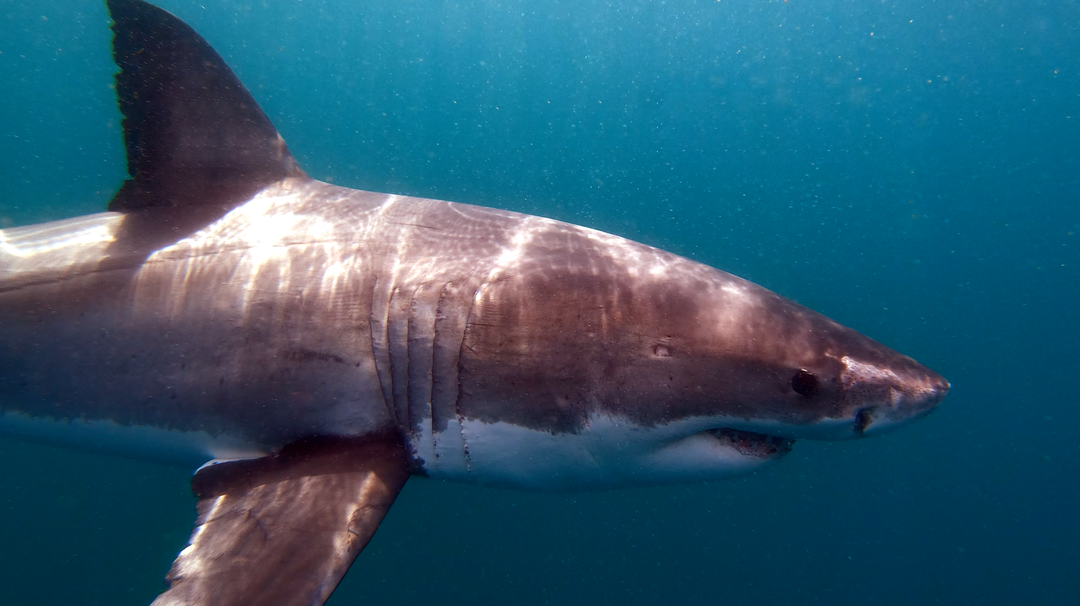
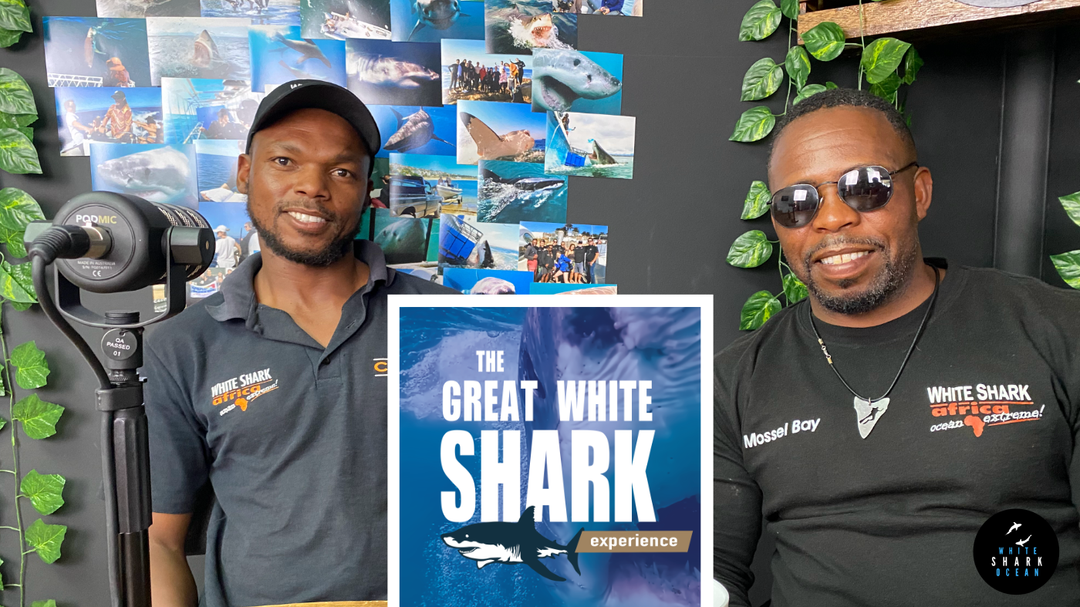
Leave a comment